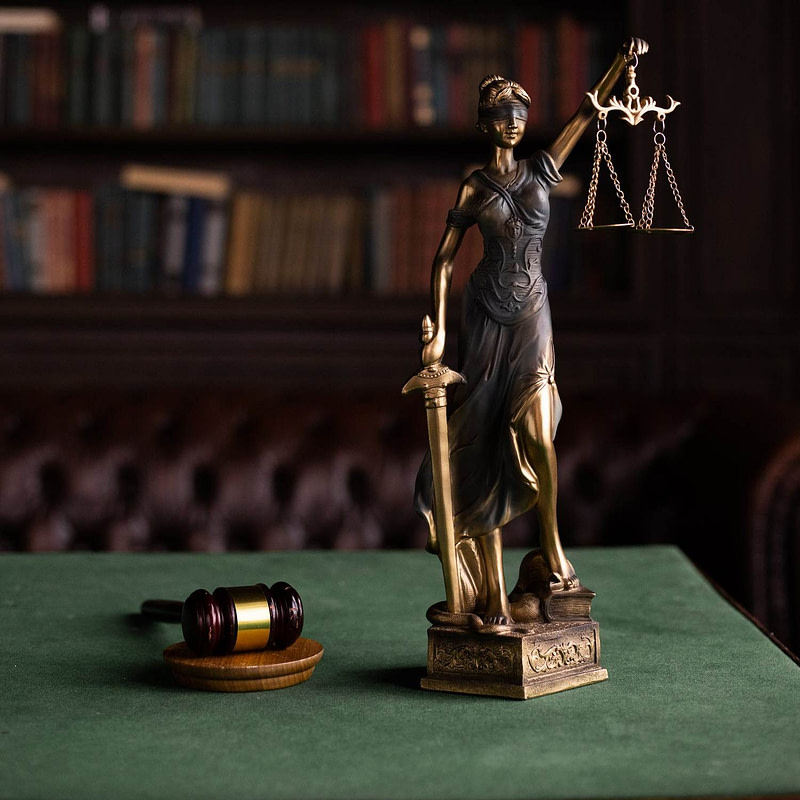When you’re considering hiring a lawyer because of a difficult legal situation, our law office in Largo, Florida is here to serve you. Attorney Mark Schleben handles a wide range of law practice areas. Concentrating primarily in Foreclosure defense, Mark also handles estate planning (wills and trusts) and probate actions. Mark also has extensive experience providing Bankruptcy and Family Law services, including but not limited to, divorce, child custody and child support issues.
If you’re not sure if your legal situation warrants a lawyer, we can do more than represent you before a judge. We can help you to make the best decision for your situation and provide legal assistance throughout the legal matter. Contact our law office to find out if the legal services we offer are the right fit for your present needs.

Fight the Bank! You don’t need to lose your home to the Bank. Mark Schleben is a lawyer that has a tried and true track record of defending his clients in the West-Central areas of Florida from foreclosure, either in challenging the lender’s entitlement to foreclose or negotiating settlement agreements when appropriate. Find out where you stand, what your options are, and how we can help you fight off the bank.
Secure your legacy and family’s future with personalized estate planning strategies and legal guidance.
Navigate probate processes efficiently with experienced legal support for estate administration and beneficiary rights.
Create a legally-binding will to dictate asset distribution, guardianship, and final wishes with professional assistance.
Establish trusts to manage assets, protect wealth, and ensure smooth transfer to beneficiaries with confidence.